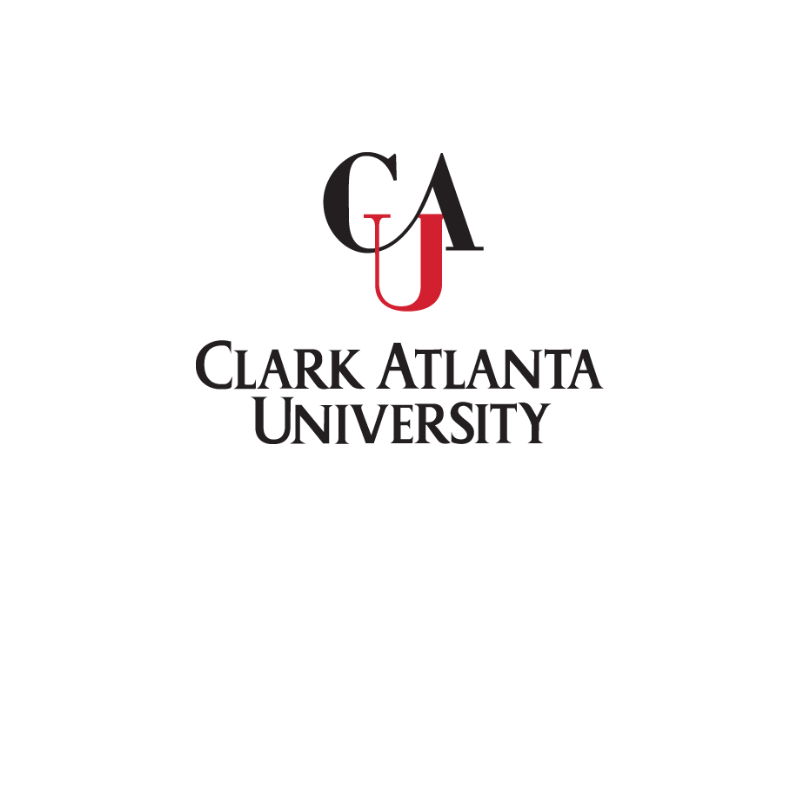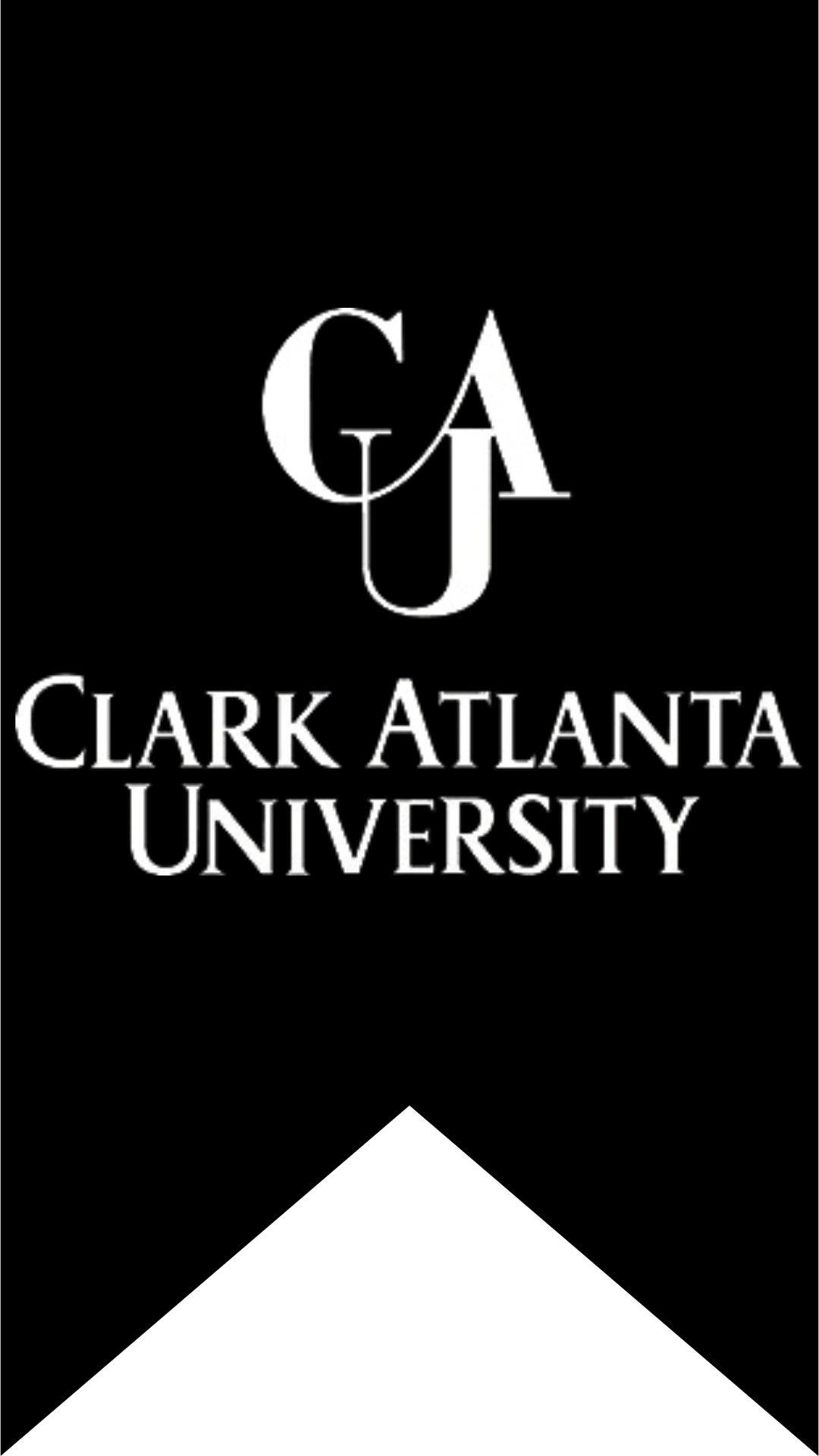School of Business
Clark Atlanta University’s School of Business offers a transformative educational journey for individuals seeking to make a meaningful impact in the world of business while benefiting from a rich legacy of excellence and innovation.
Completing the Application Online Form will activate your admissions file. Your file will not be considered complete or submitted to our Admissions Committee until we receive the following documentation and the application fee:
- Letter of Recommendation from your counselor
- Letter of Recommendation from a teacher
- Official high school transcript(s) from each school attended. Transcripts must be sent directly to the Office of Admissions from the school
- Official SAT or ACT score reports
- Essay (500 words, topic of your choice)
- Non-refundable $35 application fee (or fee waiver request form completed by counselor. Fee waivers are accepted until March 1)



